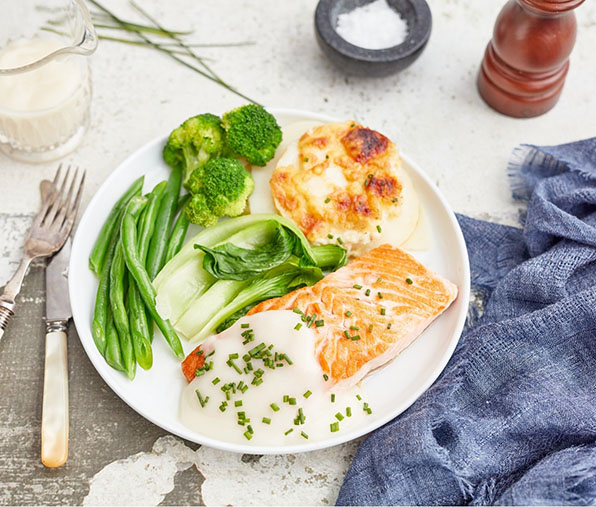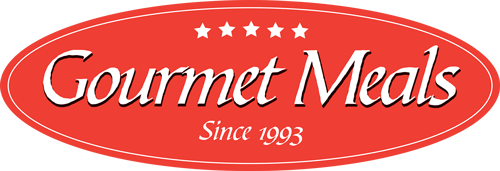
By Renee from www.reneenaturally.com
When it comes to our health, common nutritional word on the street is that fresh is always best. But is it? With modern day harvesting, manufacturing and storage, the food we have access to often isn’t as fresh as we actually perceive it to be. In an ideal world, we’d all have our own vegetable patches and plentiful vines and trees with perfectly ripe product to pluck when at perfection. The reality? Most of us live hectic inner-city lives where buying truly fresh food is often a struggle, let alone having the time to prepare healthy meals from it. So it begs the question…is eating snap frozen meals a healthy alternative?
Frozen at peak ripeness + nutrition integrity
Fruits and vegetables chosen for freezing tend to be processed at their peak ripeness, a time when they are most nutrient-packed. On the other hand, fruits and vegetables destined to be shipped to the fresh-produce aisles of supermarkets are typically picked before they’re ripe, which gives them less time to develop a full spectrum of vitamins and minerals. Outward signs of ripening may still occur, but these vegetables will never have the same nutritive value as if they had been allowed to fully ripen on the vine.
Cold stored vegetables lose up to 45% of nutrients
Studies show that fresh vegetables can lose up to 45 per cent of important nutrients by the time they reach our table. Time spent in storage, in transportation and sitting on the shelves means it can be more than two weeks from the vegetables being picked to being eaten. For example, green beans lose 45 per cent of nutrients in the 11 to 15 days it takes to reach the dinner table, while broccoli typically has a 25 per cent nutrient loss.
Flash freezing kills 99% of bacteria
Dietlicious ensures that their produce is fresh from harvest by flash freezing meal components to retain optimum nutrients, while ensuring the convenience of at-home easy preparation for you. Flash freezing the meal components means that flavours and nutrients in the product are locked in, because the freezing occurs so quickly. Another benefit of blast freezing is that it kills 99.47 percent of anaerobic bacteria (such as E. coli) that causes spoiling, making the meals extremely safe.
Frozen food shouldn’t contain preservatives + additives
With our busy lives, many turn to takeaway or highly processed frozen meals. It’s important to differentiate healthy frozen meals from these highly processed so called ‘healthy, low-fat, lean-cuisine’ meals. High processing or adding preservative and additive negates some of the benefits of eating frozen foods. In contrast, ordering wholefoods-based, additive-free Dietlicious flash-frozen meals gives health-conscious professionals healthy, nutrient-dense options with optimum convenience. Dietlicious meals are carefully flash-frozen to ensure the food's nutritional integrity before delivery to your doorsteps.
When it comes to optimum nutrition, balance is always the objective. With this in mind, Dietlicious also encourages adding fresh components in their meal plans such as salads and fruits.
The verdict?
Fast and organised methods of harvest-to-freeze have evolved, to help minimise loss of nutrients. In contrast, "fresh" food can spend up to a month in the chain of producers, wholesalers and retailers before it reaches customers. Frozen food can actually be nutritionally comparable or in some cases actually superior.






